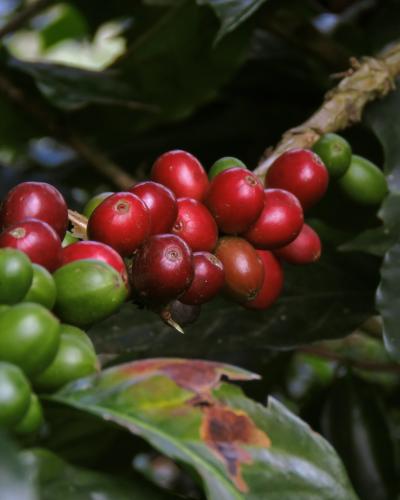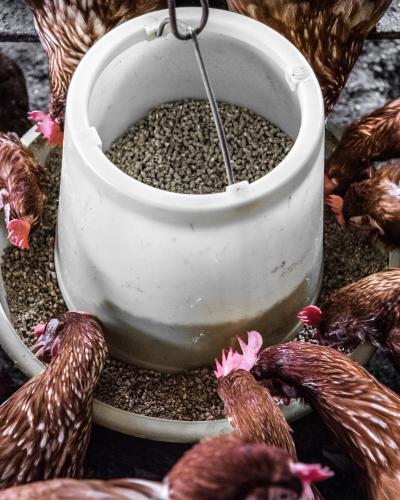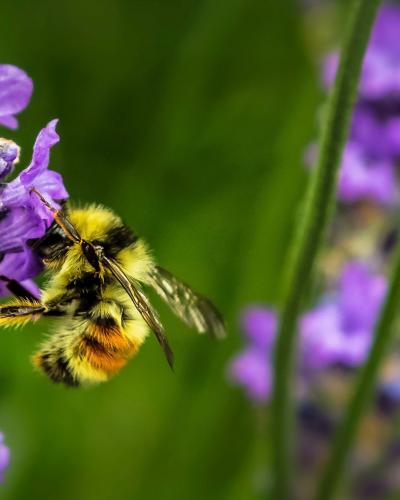Avoiding harmful insecticides like chlorpyrifos (both for their own health and the health of farmworkers, who are directly exposed to these toxins in the fields) is one of the main reasons many...
There is so much (in)credible science that explains why organic is a good choice for people and the planet, and more is published every week. The Organic Center summarizes the latest research into distilled bites so you can make informed choices. We only report on peer-reviewed studies and always will. Check out our research blog and sign up for our newsletter to get the latest science delivered right to your inbox.
Feb 08, 2022
New-generation pesticides are often developed to replace earlier, more toxic chemicals in effort to clean up the environmental and human health impacts of these older agricultural pesticides....
Jan 24, 2022
Despite the use of chemical pesticides to combat the economically important coffee berry borer pest, a new study in IOP Conference Series: Earth and Environmental Science finds that non-chemical...
Jan 17, 2022
A recent study published in the journal Environmental Science and Pollution Research tested urine samples from 6,848 participants and found glyphosate in 99.8% of the samples, suggesting a general...
Jan 03, 2022
A study in the Journal of Agricultural and Food Engineering determined that using organic fertilizer produced from local sources of agricultural waste and manure results in comparable yields of...
Dec 27, 2021
A study in Journal of Cleaner Production found that not all types of soybean farming are considered equal, and organic farming offers greater sustainability when it comes to impacts on the...
Dec 20, 2021
Insects are an important dietary protein component for free-range, pasture-raised chickens, but commercial chicken feeds contain other types of protein like soybean meal that result in high feed...
Dec 13, 2021
A recent study published in the journal Insect Conservation and Diversity found that non-crop flowering fields are helpful in attracting bumblebees to cropland, but organically managed crops rich...
Dec 06, 2021
A new study published in the Journal of Applied Ecology shows the importance of maintaining biodiversity to achieve natural pest control and reduce the use of insecticides. Specifically, the study...
Nov 22, 2021
A recent study published in Agronomy Journal found that using perennial living mulches can regenerate soil health faster and with less cost than using annual cover crops. There are many benefits...












